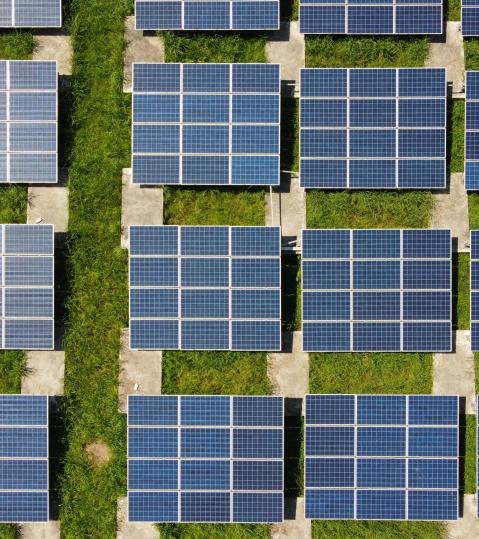FAQ
Find the most important information about ICAP and ETS here.

What is ICAP?
ICAP stands for International Carbon Action Partnership. It is an international forum comprised of public authorities and governments that have established or are actively pursuing carbon markets through mandatory cap and trade systems with an absolute cap.
ICAP’s mission is to contribute to the establishment of a well-functioning global cap and trade carbon market.
Regional, national and sub-national governments must be in close contact with each other and have a clear line of sight to international efforts as they develop and implement their respective programs. By offering a forum for sharing knowledge and experiences, ICAP aims to ensure that design compatibility issues are recognized at an early stage with view to building linking readiness.
For more information click here.
What is ICAP's goal?
Market-based solutions in the form of cap and trade systems are a key component of the comprehensive policies of ICAP members to combat climate change.
ICAP will contribute to the establishment of a well-functioning global cap and trade carbon market. ICAP provides the opportunity for members to share best practice and learn from each others' experience. State and regional programs must be in close contact with and have a clear line of sight to international programs as they design and implement their respective programs. By sharing knowledge and experiences, ICAP will enhance the design of other schemes and ensure that design compatibility issues are recognized at an early stage. As a result, ICAP will help make possible future linking of trading programs.
Who can join ICAP?
ICAP welcomes public authorities and governments to join as members or observers.
For more information on ICAP members, please click here.
How is ICAP organized?
The main bodies of ICAP are the Plenary and the Steering Committee. They are supported by the ICAP Secretariat located in Berlin, Germany. In addition, the ICAP Co-Chairs provide strategic guidance.
For more information on ICAP's governance, please clicke here.
How can jurisdictions benefit from ICAP participation?
ICAP is the only multilateral forum focussing on emissions trading schemes only, thereby allowing detailed technical discussions on design and compatibility issues.
ICAP brings together regional, national and sub-national governments to discuss crucial ETS design issues and the way forward for a global carbon market.
Technical Dialog: ICAP provides a forum where government representatives can compare the various designs of their schemes, exchange on challenges faced in the design and implementation of their ETS, and share lessons learned and best practices. To that end, ICAP holds regular technical workshops in closed or open settings, as well as public conferences on specific ETS design issues. See Technical Dialog
Outreach: By participating in ICAP outreach activities, ICAP members and observers can present their schemes and engage with international experts, fellow policy makers and/or other stakeholders from established and emerging ETS. See ICAP Courses and UNFCCC Side Events
What are the role and benefits of ETS and the global carbon market?
Climate change is a global problem that requires global solutions. Emissions trading schemes (ETS) provide such a solution cost-effectively, while putting an upper limit (“cap”) on GHG emissions. ETS play an important role by placing a price on carbon. They create incentives for investment in clean technologies and low carbon approaches.
By progressively linking ETS from the bottom-up, a global carbon market will also establishes a level playing field for covered sectors and a consistent regulatory framework across national borders.
For more information on the emissions trading schemes, click here.
What is the place of emissions trading in the policy mix?
Emissions Trading Schemes (ETS) are a key instrument in the mitigation of greenhouse gases. Yet, complementary policies are often required to reflect local circumstances.
ETS are embedded in various policy mixes in ICAP jurisdictions. These include, for example, local air quality standards, vehicle emissions and fuel efficiency standards, direct funding for investment in new low-carbon technologies, fuel and other taxes, voluntary agreements with industry, energy efficiency standards for buildings and appliances, renewable portfolio standards and feed-in tariffs, to name a few.
However, all measures are compatible with and complementary to the development of the global carbon market.
Who are the members and observers of ICAP?
ICAP is an open forum comprised of public authorities and governments that have established or are actively pursuing carbon markets through mandatory cap and trade systems.
ICAP encompasses ETS from various government levels: regional, national and sub-national (states, provinces, cities).
Launched on October 29, 2007 in Lisbon, Portugal, by leaders of more than 15 governments, the partnership now counts 36 full members and 9 observers.
For an overview of the ICAP members and observers, click here.
